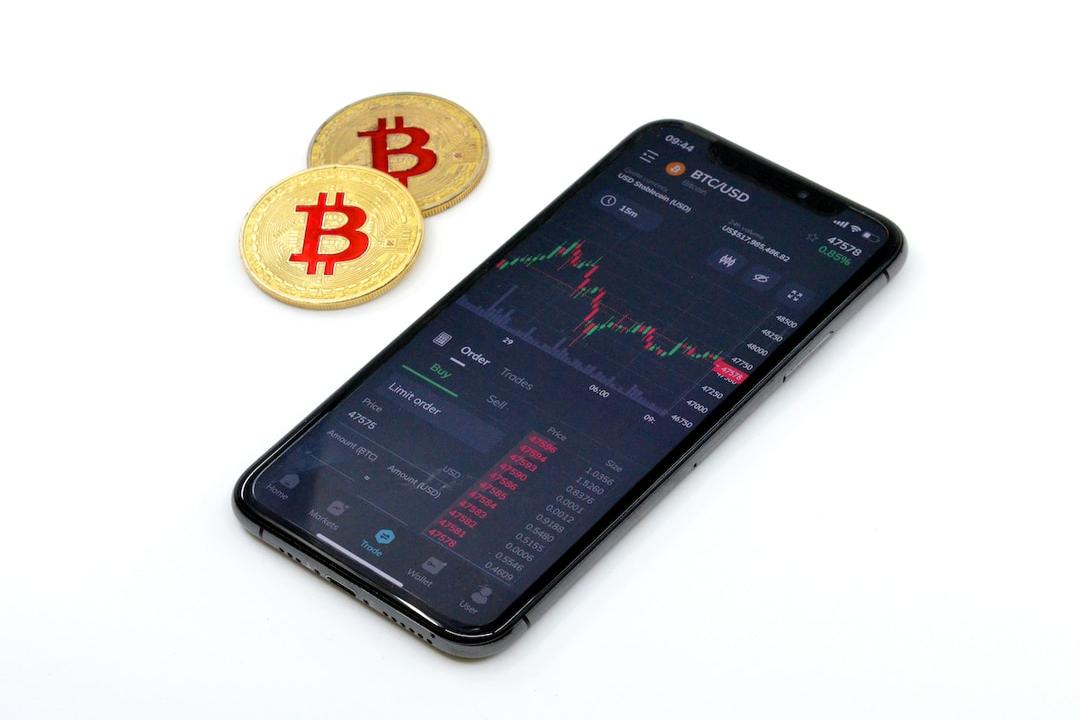Indian authorities are currently probing the “Datameer” cryptocurrency trading application, which is accused of defrauding at least 700 individuals out of INR 10 million.
A local report reveals that this fraudulent scheme enticed unsuspecting investors with promises of returns as high as 50%, claiming their funds were being invested in cryptocurrencies. After the investors transferred their money through the deceptive app, it abruptly ceased operations, leaving the scammers in the wind. Over its brief period of activity, the scam managed to extract more than INR 10 million (approximately $119,000) from victims.
Despite a lack of robust cryptocurrency regulations and a stringent tax framework, India has seen a surge in interest in cryptocurrencies. This trend has positioned the country at the forefront of Chainalysis’ 2024 Global Crypto Adoption Index. However, this increasing enthusiasm for digital currencies has also created opportunities for fraudsters who are capitalizing on the excitement.
The Datameer app emerged in April 2024 and operated for five months, drawing both small and large investments. Pankaj Kumar Rasgania, Superintendent of Police and head of the Cyber Wing, highlighted that the scammers targeted naïve investors through social media platforms, enticing them with promises of substantial returns in a short timeframe.
Preliminary investigations indicate that the individuals behind the app may be scattered across the country, with some leads suggesting connections to Hong Kong. Law enforcement agencies are collaborating with cyber experts from various police departments, and further updates will be provided as the inquiry advances.
Such scams have raised alarms due to their potential international ties, particularly with regions in China. Similar associations have been uncovered in past investigations by Indian authorities.
In March, the Enforcement Directorate (ED) submitted a charge sheet against 299 entities, including individuals of Chinese descent, for violations of anti-money laundering regulations. These entities were linked to a mobile application known as “HPZ Token,” which reportedly deceived investors with guarantees of high returns from cryptocurrency mining.
In another incident, crypto fraudsters deceived a doctor in India into transferring over $35,000 in a parcel scam involving drugs. Authorities discovered that the misappropriated funds were routed through several bank accounts, converted into cryptocurrencies, and then sent to accounts in China and Taiwan.

